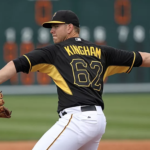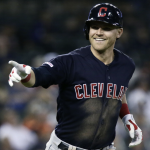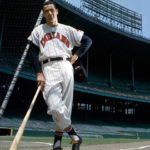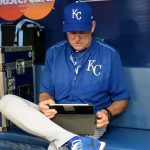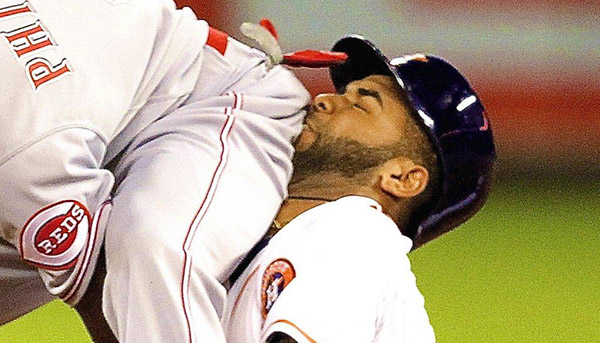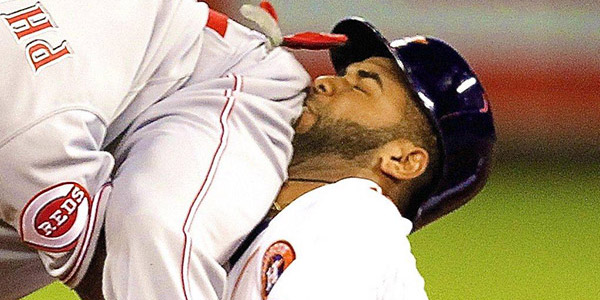Ichiro is Beyond Baseball
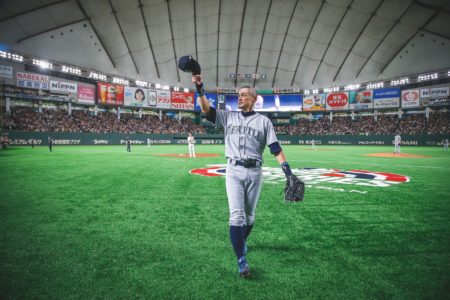 Today is one of those rare days in sports where the score doesn’t matter and the news of the day still breaks your heart. If you love baseball and sports greatness, the retirement of Ichiro Suzuki is truly a sad day. On a personal level, it brings to light a a couple of realizations. Our sports heroes, much like us, are mortal.
Today is one of those rare days in sports where the score doesn’t matter and the news of the day still breaks your heart. If you love baseball and sports greatness, the retirement of Ichiro Suzuki is truly a sad day. On a personal level, it brings to light a a couple of realizations. Our sports heroes, much like us, are mortal.
Following Ichiro’s career, it seemed like he could play forever. He never missed more than 26 games in 17 full seasons in the big leagues. By comparison, Bryce Harper has missed 44+ games three times in his seven full seasons. You also have to remember that Ichiro spent seven full seasons in the highest ranks of Japanese professional baseball.
The other realization: An era has ended. Ichiro started his foray into professional baseball as a spry 18-year-old in 1992. Do you realize how long ago that was? Yours truly was starting kindergarten. The American League MVP was Dennis Eckersley. The National League MVP was Barry Bonds of the Pittsburgh Pirates! Insane.
Fast forward to 2001, when Ichiro came to the United States. He dominated that year as the AL MVP. Fun fact: Guess who was the NL MVP? It was this guy. Heck 2001 was so long ago, Curt Schilling was likable and Uncle Kracker was a thing.
But for all Ichiro did on the field, what he represented off the field—despite his lack of engagement with the American public—was hope. As the first Japanese position player, shout out to Tsuyoshi Shinjo who debuted one day later, a burden was put on Ichiro to be successful from the get-go.
Think about this for a minute: Do you know Ichiro’s iconic number? Do you remember who wore it before him? That’s how great Ichiro was. You forget that the most domineering looking pitcher of 1990s/2000s and arguably ever, Randy Johnson, wore that number throughout his career, as well.
With the weight of a prideful Japanese culture, an overbearing father and a desire to excel, Ichiro stayed true to his style. Intensely focused on making contact and controlling the ball with his bat. Ichiro was so skilled, it was almost as if he threw the ball into the field from the batter’s box. That grace at the plate and on the field, and his cannon for an arm opened the eyes of every baseball fan. But what he meant to the undersized baseball lovers is something I can’t forget.
Although listed at 5-11, 175 pounds, the frail look to Ichiro was inspiring. As the Steroid Era was in full swing, seeing an MVP that hit eight homers was exciting. To a 13-year-old, it meant that you didn’t have to be freakishly tall, jacked or have some other physical trait that was superhuman to reach the highest level. Funny enough to reach the pinnacle of baseball and then the mountain top of all-greats, you inherently have to have some extraordinary ability. But to a kid’s untrained eye, it was an affirmation of what a parent always says, “work hard and anything is possible”.
The course of 18 years of success was compelling. Every time Ichiro was written off, like in New York or Miami, he always came back strong. Putting up decent numbers at 40+ years-old when most people his age are dreaming of their glory days.
As I watched Ichiro’s final plate appearance, it was impossible not to feel the emotion of an immortal player accepting his mortality. The goodbye in his home country with the team that believed in him from the beginning was nearly perfect.
Seeing the teary eyes of a stoic culture was beyond sports. It’s fitting because Ichiro has always been beyond sports.
Thank you Ichiro for what you meant on and off the field.



